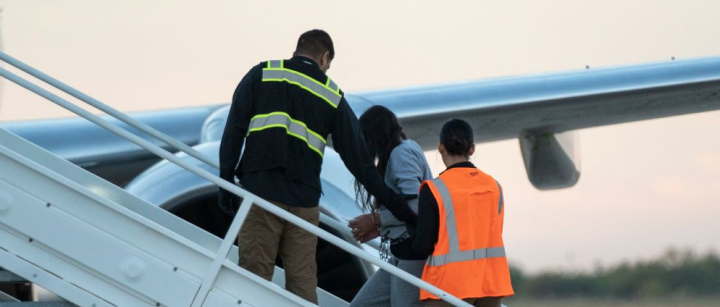
More than ever before, investigative stories develop reporting strands that land far away from their points of origin. A probe into a killing at a mine in the Democratic Republic of the Congo can lead to the London headquarters of one of the leading diamond companies in the world. An investigation into corruption in Liberia could lead to a law firm or finance company in Central America. Similarly, a story on wildlife trafficking in Asia can trace its origins in South Africa.
This webinar will be held on Tuesday, November 26 at 1pm GMT. Sign up for it here.Consequently, watchdog journalists often need a helping hand to complete investigations by accessing information from parts of the world that they cannot easily access. In Africa, more than in most other parts of the world, the hurdles that journalists have to overcome to report beyond their own countries or continent are numerous, from financial limitations and visa restrictions to technological barriers. Foreign reporters also encounter unique challenges in Africa that local journalists have the skills and experience to circumvent.
Collaborative investigative journalism, therefore, is growing in importance as a mutually beneficial tool for reporters and newsrooms keen to tell stories in or about Africa, as shown by recent examples from the International Consortium for Investigative Journalists (ICIJ) and partners in southern Africa, Africa Uncensored and Lighthouse Reports, the Pulitzer Center and this first and second stories from Associated Press teams show.
As an extension of its Africa Focus Week series (coming up on November 18 to 22), GIJN is excited to bring you this webinar in which African journalists who have done impactful collaborative investigations discuss how to connect the dots between Africa and your next watchdog story. Our panel of experts will use their own experiences and insights to identify useful tips for you to investigate multinational misconduct, natural resource exploitation, and impunity beyond borders.
Grace Ekpu is a documentary photographer and filmmaker. Formerly a News Producer at TVC News Africa and a senior journalist with the BBC, in 2022 she joined the Associated Press’ Global Investigations Unit, covering oceans and fisheries with her visual expertise.
Cynthia Gichiri is a reporter and producer with Africa Uncensored, a leading public interest investigative journalism company. During a career in which her work has been recognized a number of times, she has participated in several local and international collaborative investigative journalism projects.
Madeleine Ngeunga is the Africa Editor for the Pulitzer Center, which funds independent reporting on underreported, systemic issues around the world, including in/about Africa.
Micah Reddy is the Africa Coordinator for the International Consortium of Investigative Journalists (ICIJ), which has partnered with several centers for investigative journalism and media houses in Africa to do groundbreaking watchdog reporting.
The moderator is Dinesh Balliah, director of the Wits Centre for Journalism and organizer of the 2024 African Investigative Journalism Conference.
Watch our Twitter feed @gijn and newsletter for details on future events.
Sign up for the webinar here!
Date: Tuesday, November 26, 2024
Time: What time is it in my city?

 1 week ago
3
1 week ago
3

